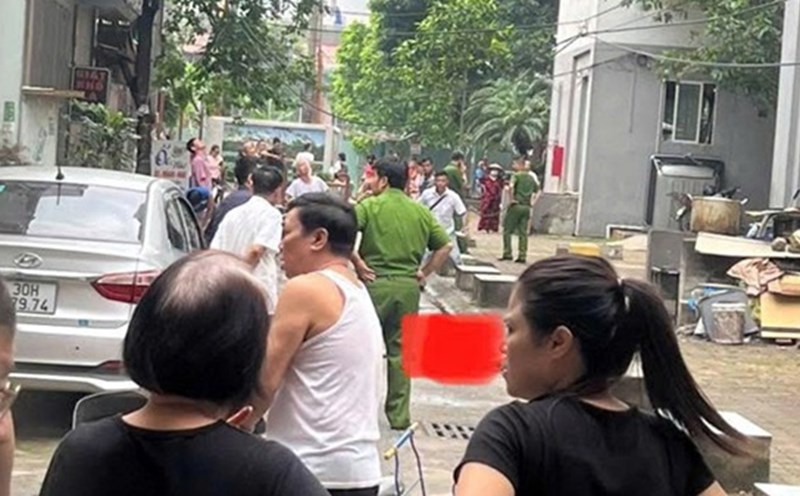On the morning of June 5, the National Assembly Standing Committee gave its opinion on the reception, explanation, and revision of the draft Law amending and supplementing a number of articles of the Law on Organization of People's Procuracy (VKSND).
Deputy Chief Prosecutor of the Supreme People's Procuracy Nguyen Duy Giang said that the conversion of Prosecutor to the corresponding or equivalent Investigator rank is carried out when meeting the standards and conditions prescribed by law for each position without having to take an exam.
The conversion order and procedures are prescribed by the Chief Justice of the Supreme People's Procuracy. This regulation aims to ensure proactiveness in personnel work under the authority of the Chief Justice of the Supreme People's Procuracy and is consistent with current practice.
The draft law retains the names of the prosecutor ranks as in the current Law, including: Primary Prosecutor, Intermediate Prosecutor, Senior Prosecutor, Supreme People's Procuracy Prosecutor.
The Director of the Supreme People's Procuracy has the authority to appoint for the first time and appoint higher rank, because the current Law on Organization of the People's Procuracy has specified the appointment criteria for each elementary procurator rank, intermediate procurator, senior procurator.
Regulate the authority of the Chief Prosecutor of the Supreme People's Procuracy to appoint primary prosecutors, intermediate prosecutors, and senior prosecutors when meeting all standards and conditions.
This regulation is different from the authority to appoint Judges, which must be appointed by the President; therefore, it is appropriate to stipulate that the Chief Justice of the Supreme People's Procuracy has the right to appoint to a higher rank.
At the same time, it is not stipulated on the examination of procurators to ensure consistent with the renovation of civil servants according to the draft Law on cadres and civil servants (amended) and unified and synchronously with the Law on Organization of the People's Court (only for the first appointment, then considering the rank promotion).
The Prosecutor shall not be considered for appointment to a higher rank in cases under disciplinary action, during the period of prosecution, investigation, prosecution, trial, during the period of implementing regulations related to discipline according to Party regulations and State laws.
The selection, examination, and appointment of the Prosecutor is regulated by the Chief Prosecutor of the Supreme People's Procuracy.
Increasing the number of Supreme People's Procuracy Prosecutors from 19 to a maximum of 27 people to ensure human resources to carry out the task of prosecuting and supervising the trial of the activities of the Supreme People's Court's Judicial Council.
Thus, the maximum number of People's Procuracy Prosecutors corresponds to the number of Supreme People's Court Judges.
After implementing the new apparatus in accordance with the conclusions of the Central Executive Committee and the Politburo, the workload of the high -level People's Court, the high -level People's Committee will be transferred to the Supreme Court, the Supreme People's Procuracy is the same.
At the Supreme People's Court, the trial panels are the Supreme Court Judges; Therefore, it must be the Supreme People's Procuracy to participate in the trial, resolve the application for appeal of cassation and re -examination.
Therefore, the Supreme People's Procuracy also needs to increase the number of prosecutors to ensure sufficient human resources to promptly and qualitatively resolve the increased volume of appraisal and re-appraisal work assigned by the High-level People's Procuracy to meet the targets and requirements of the National Assembly.











